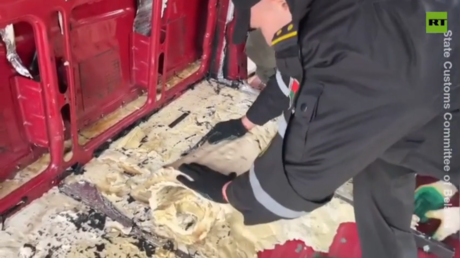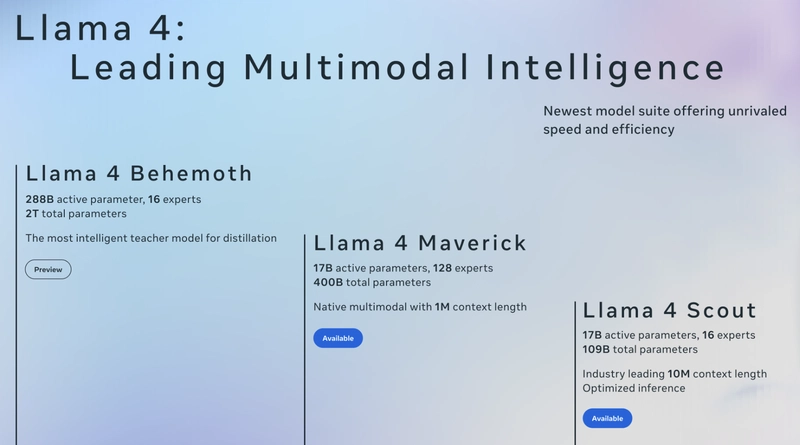Gene Hackman's final days reveal America's elder care crisis
If tragedy could happen to a Hollywood legend with substantial resources, what hope exists for average families facing the dementia care crisis?

When beloved actor Gene Hackman was found dead in his Santa Fe home last month, the shocking details left fans and family advocates reeling. The 95-year-old Oscar winner spent his final days alone and confused, unable to care for himself after the sudden passing of his wife, Betsy. Medical examiners revealed the heartbreaking reality: Suffering from advanced Alzheimer's disease, Hackman likely didn't even understand that his wife had died just days earlier.
The French Connection star, who had captivated audiences for decades, was discovered with no food in his stomach, collapsed in his home's mudroom. Even more devastating, his pacemaker data showed he had survived nearly a week on his own in a severely compromised mental state.
If this tragedy could happen to a Hollywood legend with substantial resources, what hope exists for average families facing the dementia care crisis?
The financial reality is staggering. Full-time home care for someone with dementia can cost up to $11,000 monthly — far more than most families can afford. Traditional options present impossible choices. Nursing homes average nearly $10,000 monthly for a private room. Medicare won't cover these long-term costs. Many families are forced to drain retirement accounts or have someone quit their job to provide unpaid care.
With America rapidly aging — the number of seniors is projected to reach 82 million by 2050 — and Alzheimer's cases expected to more than double to 13 million, families nationwide are desperate for solutions.
Some families have found unexpected solutions through services that connect pre-med and nursing students with families needing affordable care at significantly lower costs than traditional agencies. Other innovations include adult day programs that provide specialized dementia care during working hours, allowing family caregivers to maintain employment while ensuring their loved ones receive proper supervision and stimulation in a safe environment.
Technology is playing a crucial role too. Smart home systems can detect falls. Medication dispensers can send alerts when doses are missed. Remote monitoring notifies family members of potential problems. This creates a crucial safety net around seniors.
Combined with compassionate caregivers, these solutions are making it possible for more seniors to safely remain in their homes — an important consideration, given that 86 percent of older adults prefer to age in place. Baby boomers particularly resist the idea of institutional living, having seen their own parents' experiences in nursing homes.
Preparation is key to avoiding disaster. Families should initiate conversations about care preferences long before crisis strikes. Create a comprehensive care plan, including financial considerations, caregiving arrangements and legal documents. Those can prevent last-minute, often inadequate solutions.
But individual planning alone isn't enough. True change requires policy innovations that make quality care accessible to all Americans, not just those with substantial resources. This means expanding coverage for home-based care, investing in caregiver training and support, and incentivizing the development of affordable care alternatives.
What happened to Gene Hackman reminds us that behind every dementia diagnosis is a person deserving compassion, dignity, and human connection. His death puts a famous face on what thousands of families experience in silence every day. And while his legacy as an actor brought joy to millions, perhaps his final act will be even more profound — to inspire a society that refuses to let its most vulnerable members face their final hours alone.
Neal K. Shah is CEO of CareYaya Health Technologies and the chairman of Counterforce Health. He has been a featured contributor for CNBC, Wall Street Journal, Barron’s and TechCrunch.













































































